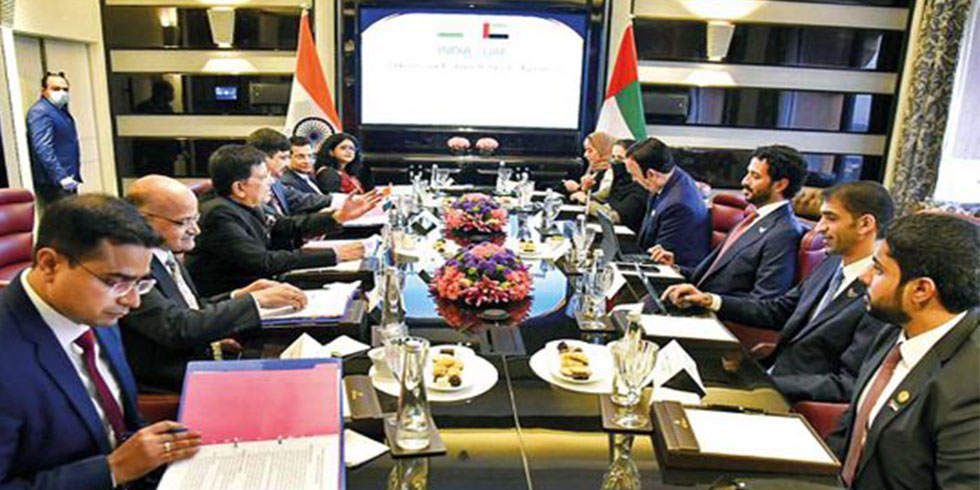New Delhi: Commerce and Industry Minister Anand Sharma Wednesday said the government will unveil a "pragmatic" Foreign Trade Policy on April 18 with a view to promoting shrinking exports and narrowing down trade deficit.
"We have taken a number of measures and we are seriously looking at more measures...And a forward looking, pragmatic (annual supplement) Foreign Trade Policy will be announced on April 18," he said while addressing the CII AGM here.
The government in December, 2012 had announced incentives for exporters that include extension of two percent interest subsidy for an additional one year ending March, 2014.
"I have had very detailed discussions with the Finance Minister (P Chidambaram) as he had announced in the Budget speech about the Foreign Trade Policy and exports-related matters and support to the industry, and the two ministries are in talks," Sharma said.
He said the trade deficit (the difference between imports and exports) will cross USD 190 billion in 2012-13.
"It will be between USD 192-196 billion. It's a serious challenge because it directly impacts deficit scenario, current account deficit too," he said.
Current account deficit touched a record high of 6.7 percent for the December quarter of 2012-13, causing much worries to the government.
During April-February 2012-13, exports declined by 4 percent to USD 265.95 billion. Sectors like engineering and textiles are registering negative growth. These segments are likely to get some sops in the foreign trade policy (FTP).
According to sources, exporters are likely to get benefits under focus product and focus market scheme. Special Economic Zones, which contribute about 30 percent of the country's overall exports, may also to get incentives.
These would help in boosting exports and bridging the widening trade deficit which has touched USD 182.1 billion in the 11-month period of the last fiscal.
On a query related to implementation of Goods and Service Tax (GST), Sharma said the Finance Minister is seized of the matter and sufficient progress has been made on this front.
Stressing on the need to make India one of the major defence producers of the world, Sharma said he would push for higher foreign direct investment (FDI) cap in the defence sector beyond the current 26 percent.
The Government was committed to address issues constraining the industrial performance by putting in place an institutionalised arrangement for fast tracking infrastructural projects, he said.
All pending projects would get speedy approvals from the Cabinet Committee on Investment (CCI) in the coming months, he added.
Emphasising the importance of manufacturing, Sharma said National Investment Manufacturing Zones are a step in that direction.
This ambitious policy seeks to raise the share of manufacturing to GDP from 16-25 percent within a decade and create 100 million productive jobs.
"A key instrumentality in the policy is establishment of green-field integrated industrial townships called National Investment and Manufacturing Zones which will have world class infrastructure," he said.
The Central Government will finance the trunk infrastructure while the internal infrastructure will be developed on a PPP basis.
These will be self-regulating townships where an SPV will be entrusted the composite responsibility of according regulatory clearances and approving master plans and will in real terms be a single window decision making authority and to a large extent reduce the regulatory burden on industry.
The government has notified 13 of these industrial zones, eight of which are along the Delhi-Mumbai Industrial Corridor.
The impact of these measures would help India improve its ranking in the ‘Doing Business’ survey of the World Bank, he added.
That India figures at 132 out of 185 countries in the list of ease of doing business is something the country cannot be proud of, he said. It takes 173 days on an average to start a new company and perhaps innumerable clearances, before finally an entrepreneur is able to undertake real production.
"There is a crying need for government process reengineering which leverages on the power of technology to provide a more business friendly interface. There has also been a visible slow down in private investments as key infrastructure projects in the power and coal sector are caught up in regulatory hurdles," he said.
Pragmatic trade policy on Apr 18 to boost exports: Sharma














Add Comment